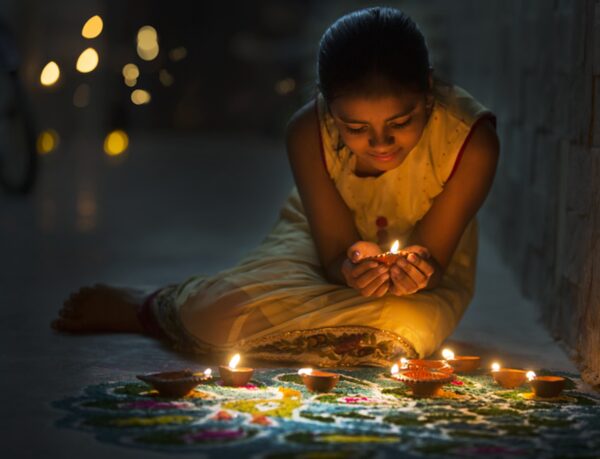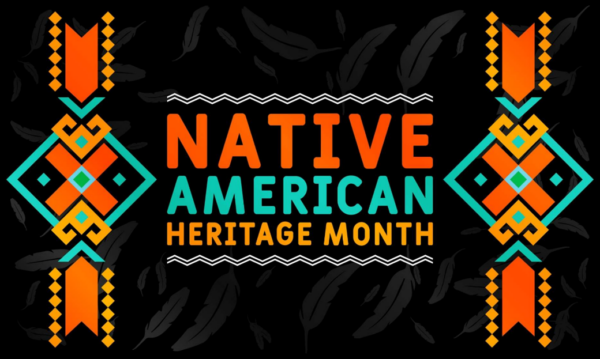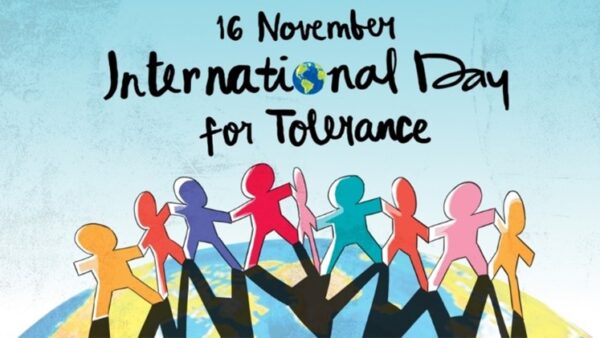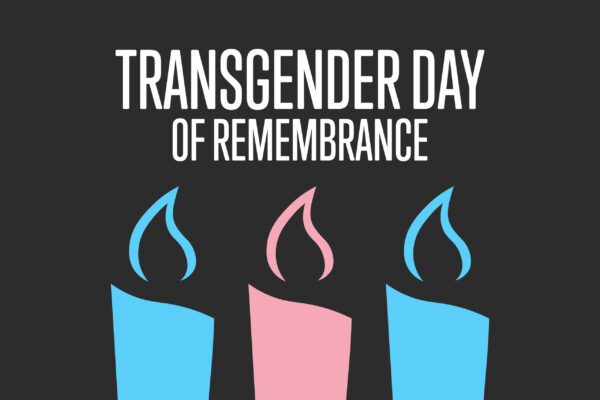October 24: Deepavali

Diwali (Deepavali or Divali) is a festival of lights and one of the major festivals celebrated by Hindus, Buddhists, Jains, and Sikhs. The festival usually lasts five days and is celebrated during the Hindu lunisolar month Kartika (between mid-October and mid-November). One of the most popular festivals of Hinduism, Diwali symbolizes the spiritual “victory of light over darkness, good over evil, and knowledge over ignorance”. The festival is widely associated with Lakshmi, goddess of prosperity, with many other regional traditions connecting the holiday to Sita and Rama, Vishnu, Krishna, Yama, Yami, Durga, Kali, Hanuman, Ganesha, Kubera, Dhanvantari, or Vishvakarman. Furthermore, it is, in some regions, a celebration of the day Rama returned to his kingdom Ayodhya with his wife Sita and his brother Lakshmana after defeating Ravana in Lanka and serving 14 years of exile.
Celebrants prepare by cleaning, renovating, and decorating their homes and workplaces with diyas (oil lamps) and rangolis (colorful art circle patterns). During Diwali, people wear their finest clothes, illuminate the interior and exterior of their homes with diyas and rangoli, perform worship ceremonies of Lakshmi, the goddess of prosperity and wealth, light fireworks, and partake in family feasts, where mithai (sweets) and gifts are shared. Diwali is also a major cultural event for the Hindu, Sikh, and Jain diaspora.
November – Native American Heritage Month

What began as an effort of Dr. Arthur C. Parker, a Cattaraugus Seneca Reservation native, to establish a dedicated day each year to honor and recognize the contributions the “First Americans” made to the United States, led to an entire month of celebration. Dr. Parker, who was the Director of the Museum of Arts and Sciences in Rochester, NY, worked with the Boy Scouts of America to establish a day dedicated to the “First Americans” for three years. In 1916, the second Saturday of May was declared “American Indian Day” by the governor of New York.
In 1990, President George H. Bush approved the designation of November as “National American Indian Heritage Month”. Since 1994, “Native American Heritage Month” has been recognized by the US Congress, in hopes to encourage people to hear about the contributions and cultures of the Indigenous people of the North American Continent. During the month of November, it is encouraged that people take the time to learn about and celebrate the diverse cultures, tribes, and traditions of Native people.
November 16: International Day for Tolerance

The UN General Assembly first invited its member states to observe the International Day for Tolerance on November 16, 1996. A year prior, The International Day for Tolerance was passed as “Article 6” of the Declaration of Principles on Tolerance proclaimed and signed by the Member States of UNESCO, “In order to generate public awareness, emphasize the dangers of intolerance and react with renewed commitment and action in support of tolerance promotion and education, we solemnly proclaim 16 November the annual International Day for Tolerance”. This message remains important and relevant now, just as it was then. Main themes of this day are “respect, acceptance, and appreciation of the rich diversity of our world’s cultures, our forms of expression and ways of being human.”
November 16: Dutch-American Heritage Day

November 16, 1776 – four months before the United States declared its independence from Great Britain – a small American Ship was greeted by a friendly cannon fire salute when sailing into the harbor of the Dutch island of St. Eustatius. This greeting – now known as the First Salute – marked The Netherlands as the first foreign power to recognize the United States as an independent nation and began a more than 200-year friendship between the two countries.
Even older than the official friendship is the Dutch heritage that can be found in America, dating back to the early 17th century when the Dutch West India Company settled in what would be present-day New York and New Jersey. November 16, 1991 – President George Bush proclaimed November 16th as Dutch-American Heritage Day. Today an estimated 3.5 million Americans claim total or partial Dutch heritage. Dutch-American heritage is part of our daily lives from Santa Claus (Sinterklaas) to cookies (keokje), we feel the influence without even knowing at times. We can take November 16th to reflect on how a long-lasting friendship began with a friendly hello.
November 20: Transgender Day of Remembrance

“Transgender Day of Remembrance seeks to highlight the losses we face due to anti-transgender bigotry and violence. I am no stranger to the need to fight for our rights, and the right to simply exist is first and foremost. With so many seeking to erase transgender people — sometimes in the most brutal ways possible — it is vitally important that those we lose are remembered, and that we continue to fight for justice.” – Transgender Day of Remembrance Founder, Gwendolyn Ann Smith
In 1999, Transgender Day of Remembrance was founded by Smith to honor Rita Hester, a black trans-woman who was killed due to transphobia and anti-trans violence. Hester’s passing sparked a movement in a community that knew her for her congeniality, boldness, and love of entertaining. Transgender Day of Remembrance now honors the death and violent crimes of all trans individuals. As of recent, individuals and organizations around the country participate in a week-long awareness to raise visibility for transgender people and address the issues that the community faces. These reflective times of remembrance allow time for reflection, encourage empathy, and offer hope. Supporters can celebrate and honor those affected by attending candlelight vigils, food drives, and film screenings; by marching to raise money and show support, or support transgender rights groups, which include The Audre Lorde Project, Casa Ruby, Familia: Trans Queer Liberation Movement, and more.